Politics: Derived from Greek word Politicos, it is the practice and theory of influencing other people. It involves the distribution of power and resources within a given community and decision making that affects all member of the community.
“Power tends to corrupt; an absolute power corrupts absolutely” Lord Acton
Key historical works
Arthasastra – Written/composer by Kautalya (Chanakya/Bishnugupta) || At takshyashila in Rawalpindi Pakistan || Composed about 2200 years ago || written on statecraft, economic policy and military
Republic – Plato of Greece 380 BCE
Politics – Aristotle of Greece in 4th century BCE
Various writing of Confucius 500 BCE china
Authoritarian vs Libertarian politics
- These refers to amount of freedom individual has in a state.
- In authoritarian system, individual rights are subjugated in group rights. The extreme form of authoritarianism is totalitarianism.
- In libertarian political systems, the individual is considered as sovereign. The purest libertarian are anarchist.
Political spectrum
- It is the system of classifying different political positions as per independent political dimension.
- The most common classification is done using Left(बाम) – Right(दक्षिण)
The history of left-right wing
- After the French revolution of 1789, the various legislative body of France had a specific seating arrangement. (Left hand side of the speakers were commoners and on the right side were aristocrats (the highest class in certain societies, typically comprising people of noble birth holding hereditary titles and offices)).
- Commoners include poor working classes, Bourgeoise (nava dhanadya). Came with republicanism, secularism, civil liberties.
- Aristocrats represented royal interest, church. After industrial revolution, the Bourgeoise moved towards the right as aristocrats slowly faded out.
- Originally the bourgeoise represented rising capitalist class, and hence they supported laissez faire (a doctrine opposing governmental interference in economic affairs beyond the minimum necessary) and free markets.
Classifying the spectrum
- Extreme right-wing (चरम दक्षिणपन्थी) (ISIS, LTTE, Taliban, Al Qaida, Nazi party) (Hitler, Bin Laden)
- Right-wing (दक्षिणपन्थी) (Shiva Sena India) (Aayatulla Khomeni, Vladimir Putin, Margaret Thatcher, Ziya Ul Haq, Sinjo Abe Japan)
- Right of center (मध्यमार्गी दक्षिणपन्थी) (BJP, Republican party USA) (Abraham Lincoln, Golda meir Israel, Modi)
- Center (मध्यमार्गी) (Congress I, Conservative party UK) (M. Gandhi, Churchil)
- Left of center (मध्यमार्गी बामपन्थी) (Democratic party of America, Labour Party UK) (Obama, Clement Attlee UK)
- Left-wing (बामपन्थी) (Communist party of India takes part in election) (Stalin, Joseph Tito Yugoslavia, Fidel Castro, Prachanda Nepal)
- Extreme left-wing (चरम बामपन्थी) (Peoples republic of China, Naxalites) (Carl Marx, V. Lenin, Fedrick Engles, Mao Tse Tung)
Basic question of society: Man without guidance and control is equal to an animal. Thus, it is clear that force is required to create civilization.
When is force ok to use?
- When it promotes liberty (liberty of individual (liberalism, individualism, libertinism))
- Liberty of community (communitarianism)
- Force is never ok. (anarchism)
Definitions:
- Political system: It is a set of formal legal institutions that constitutes a government or state.
- State and Nation: A state refers to a political unit within which power and authority resides. It can be the whole nation or a unit within a nation.
- Absolute monarchy: A single family holding power and ruling from generation to generation, citing a divine right to rule. Eg: Saudi Arabia Saud family
- Constitutional monarchy: Royal family authorized by nation’s constitution to be a nominal head of state. They are powerless because parliament and elected leaders run the show. Eg. UK, Japan, Spain, Sweden
- Authoritarianism: A non-democratic system where an individual or small group rule without election and exercises power arbitrarily. Public has little or no participation and no free speech exists. Eg: People’s Republic of China
- Totalitarianism: An authoritarian state that tries to control all aspects of citizens’ life and can kill for descent. Eg: Nazi Germany of Hitlar
- Socialism: A wide range of philosophies ranging from opposition to capitalism to advocacy of social ownership of means of production. Eg: India
- Communism: Revolutionary socialism that establishes a state where everybody is equal and the state owns the means of production. Eg: North Korea, Cuba
- Democratic socialism: A peaceful and democratic way to achieving socialism. Favors a gradualist approach. Eg: France
- Representative democracy: People rule themselves indirectly. Qualified leaders are elected to form the government to rule. Eg: Italy, India
- Direct democracy: People rule themselves directly. All decision are made by citizens. Eg: Switzerland
- Capitalism: A social and economic system where capital assets are owned by private persons, labour is purchased for money wages, capital gain accrewed to private owners and a price mechanism allocates capital good between users. Eg: USA
Key facts
- Democratic society are stable and has no revolt because people feel that they are getting a fair treatment and can change things they don’t like through a democratic process.
- The icon of capitalism America has had a double-sided approach to Dictators. It has supported some and opposed many others.
- Socialism kept evolving in 18th and 19th century and laid stress on collectivism, public ownership and central economic planning.
- Karl Marx wrote communist manifesto in 1848 and spoke about class warfare. A struggle between haves and have not.
- Communism believe in state ownership of landed properties and the use of rent from land for state expenses.
- Capitalism may or may not mean a truly free market. Eg: US and China respectively.
Classification of Political philosophies
| Type | Who rules | Who decides | Legitimate authority of ruler | Peoples participation | Punishment for descent | Best examples |
| Absolute Monarchy | The King | The King | Divine right | No | Yes | Ancient Egypt, Medieval China and England, Modern Saudi Arabia |
| Constitutional Monarchy | The King | Parliament | Conditional | Yes | No | England, Sweden, Norway |
| Authoritarianism | A small group | The group | Low | No | Strict | Fascists (Eg: Italy) |
| Totalitarianism | A small group | The group | Very low | Nil | Death | Nazi, Stalin |
| Socialism | People | People | High | Moderate | May be | India |
| Communism | The party | The party | Low | Low | High | China |
| Democratic Socialism | People | People | High | Moderate | No | Scandinavian countries |
| Representative Democracy | Peoples representatives | Peoples representatives | High | Yes | No | India |
| Direct Democracy | People | People | High | Yes | No | Switzerland |
| Capitalism | People | People | High | Yes | No | USA |
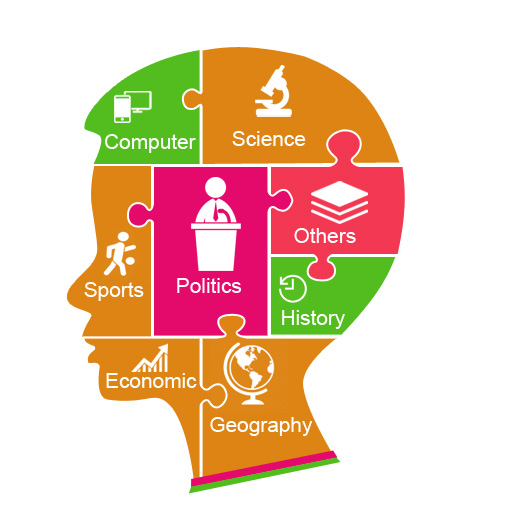
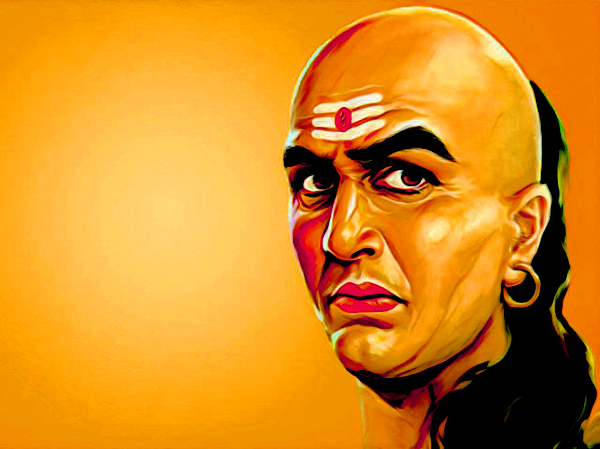

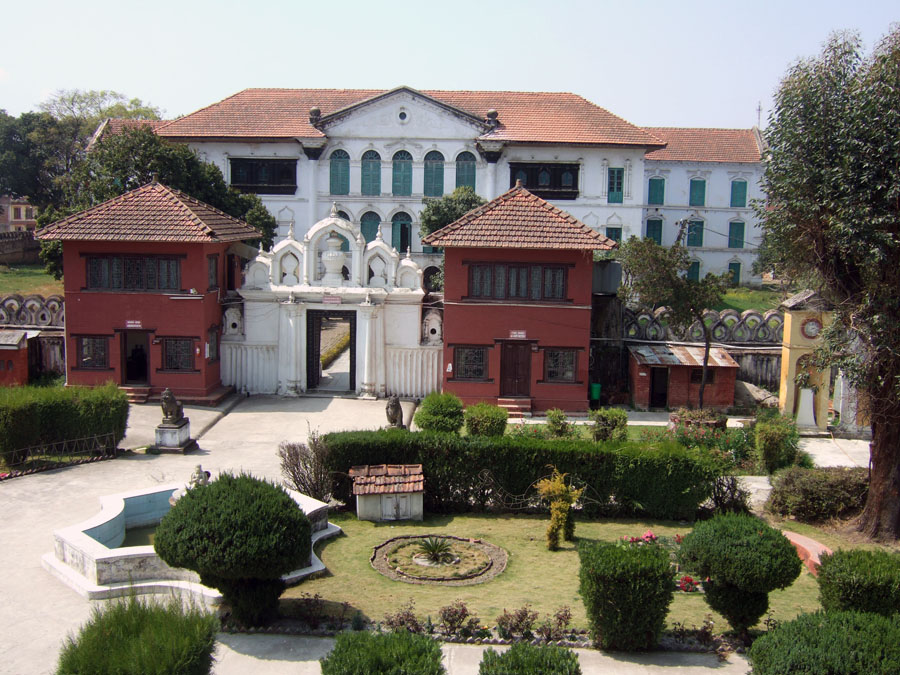
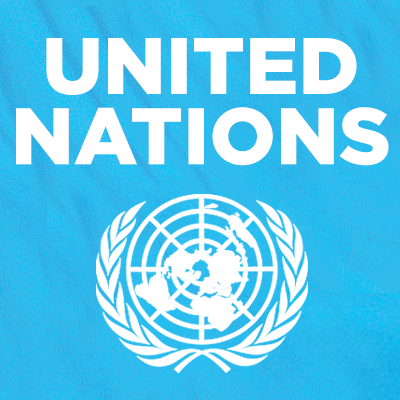

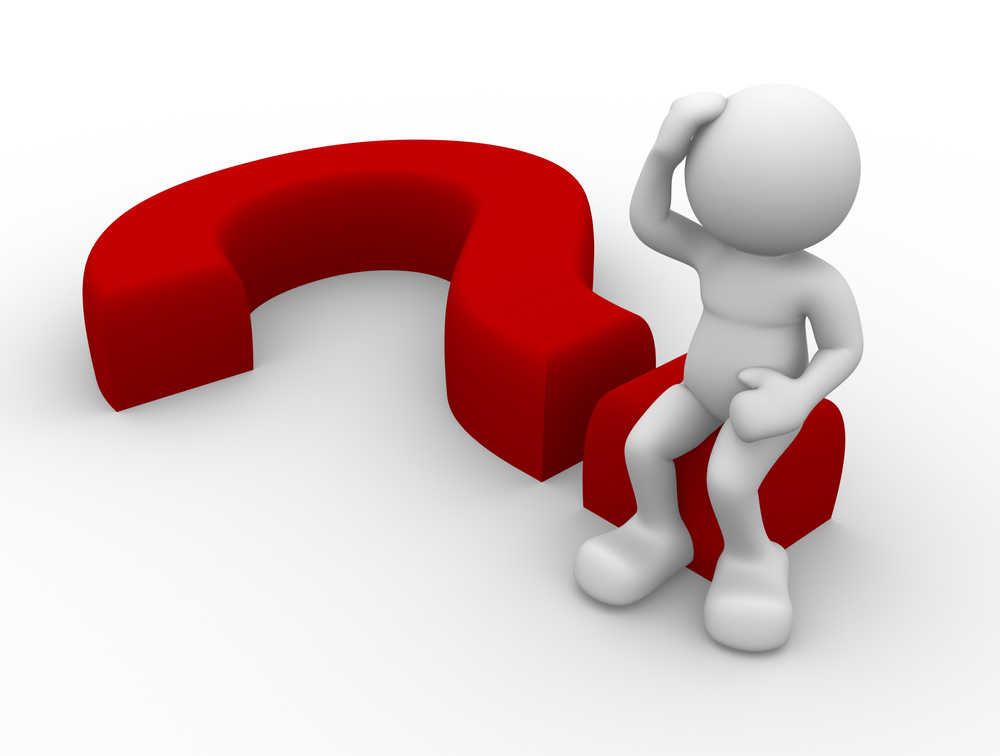

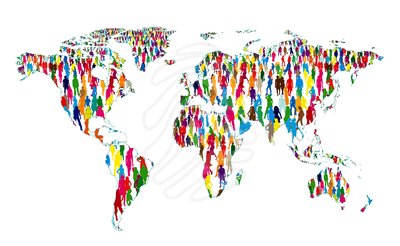

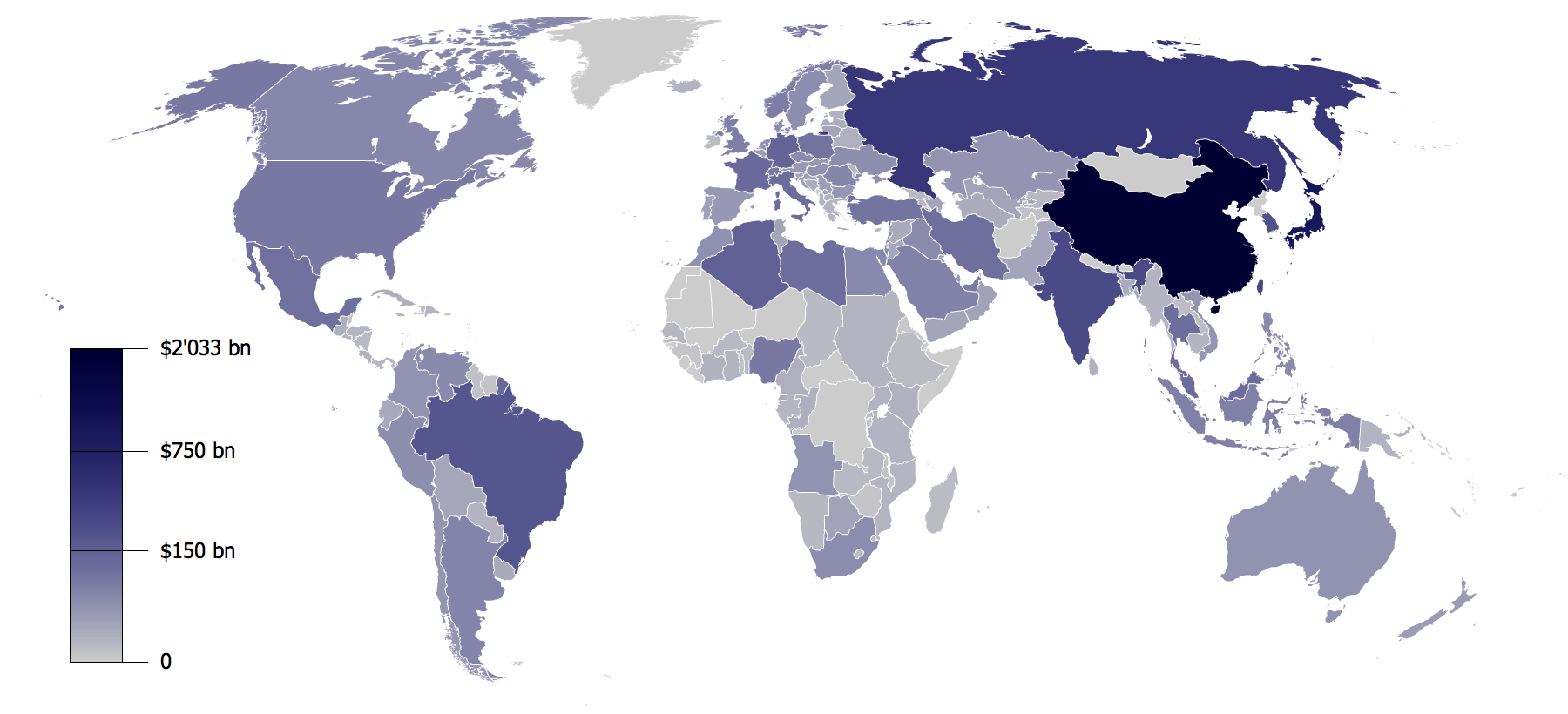
Recent Comments